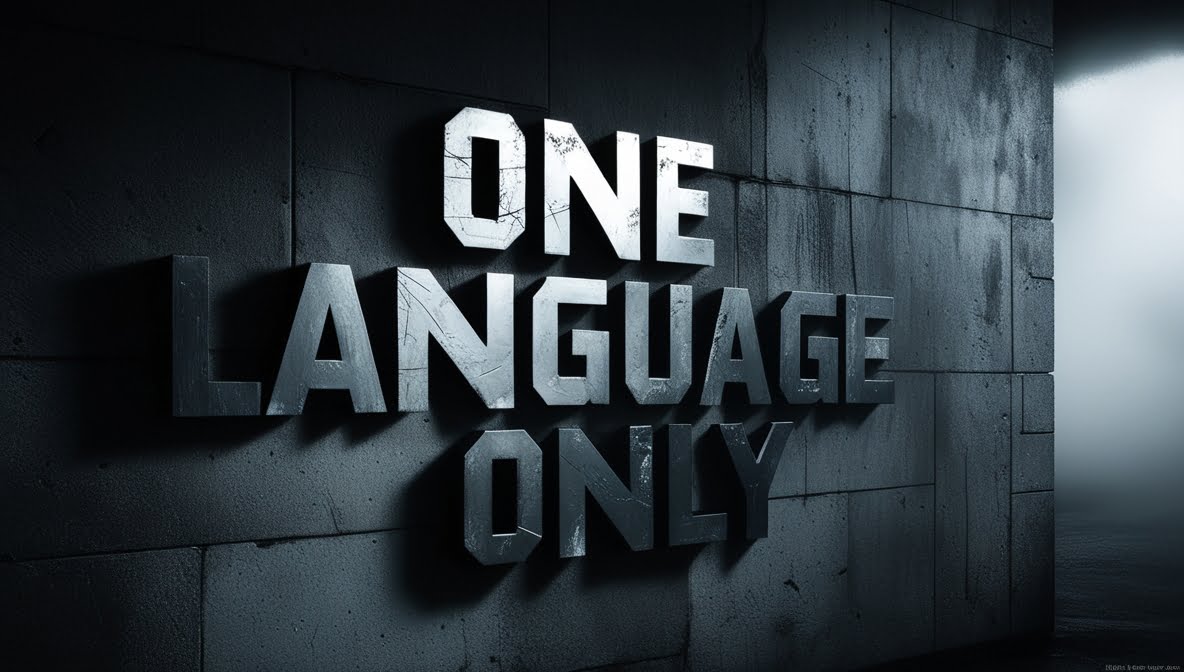Imagine a world where everyone spoke the same tongue, no matter where you went. It sounds like a dream come true for travelers and international businesses, right? But hold on a second – let’s see what this linguistic utopia might really look like.
What would happen to cultural diversity?
Picture this: You’re strolling through the streets of Tokyo, and instead of hearing the melodious sounds of Japanese, everyone’s speaking the same language as your neighbors back home. Weird, right? Language is more than just a way to communicate; it’s a cornerstone of culture. Each language carries with it a unique way of seeing the world, expressing emotions, and preserving history.
If we all spoke one language, we might lose:
- Unique idioms and expressions that don’t translate well
- Cultural nuances embedded in language
- The rich tapestry of literature and poetry specific to each language
But hey, it’s not all doom and gloom. A single language could foster a greater sense of global unity. Imagine how much easier it would be to make friends from different countries or to collaborate on international projects.
How would it affect education and work?
Think about all the hours you spent (or are spending) learning a foreign language in school. Now, imagine if all that time could be devoted to other subjects. Sounds pretty sweet, doesn’t it?
A single global language could:
- Streamline education systems worldwide
- Make it easier for students to study abroad
- Level the playing field in international job markets
But there’s a flip side. The language learning industry, worth billions, would disappear overnight. Interpreters, translators, and language teachers would need to find new careers. And let’s not forget about the cognitive benefits of being bilingual or multilingual – would we be missing out on those brain-boosting perks?
What about communication technology?
Remember the last time you tried to use a translation app and ended up saying something completely ridiculous? With one global language, those awkward moments would be a thing of the past.
Benefits for tech:
- No more language barriers in online communication
- Simplified user interfaces for global products
- More efficient AI language models
But here’s a thought – would we lose the drive to innovate in language technology? After all, necessity is the mother of invention.
How would it impact travel and tourism?
Imagine landing in a foreign country and instantly being able to chat with locals, read signs, and order food without any language hiccups. Sounds like a traveler’s paradise, doesn’t it?
Pros for globetrotters:
- Easier navigation in foreign countries
- More authentic interactions with locals
- No need for phrasebooks or translation apps
But wait a minute – wouldn’t this take some of the excitement out of travel? Part of the thrill of visiting new places is the challenge of navigating language differences and the joy of learning a few local phrases.
What would happen to endangered languages?
Here’s a sobering thought: there are already thousands of languages on the brink of extinction. If we moved to a single global language, what would happen to these linguistic treasures?
Concerns:
- Loss of Indigenous knowledge embedded in unique languages
- Disappearance of oral traditions and stories
- Potential homogenization of thought patterns
On the flip side, with everyone speaking the same language, we might be able to better document and preserve the knowledge from endangered languages before they fade away.
How would it affect creativity and art?
Language isn’t just about communication – it’s a medium for art and creativity. How would a single language impact the world of literature, poetry, and music?
Potential changes:
- Loss of wordplay and puns specific to certain languages
- Simplified translation of artistic works
- New forms of creativity emerging from a shared linguistic base
But hey, maybe this would push artists to find new ways to be creative within the constraints of a single language. After all, constraints often breed innovation.
What about accents and dialects?
Even if we all spoke the same language, would we sound the same? Probably not. Just look at how many accents and dialects exist within languages today.
Likely scenarios:
- Regional variations in pronunciation and slang
- Development of new dialects over time
- Potential for accent-based discrimination
In a way, these variations might become the new ‘languages’, preserving some level of linguistic diversity.
How would we choose the global language?
Now here’s the million-dollar question – which language would we choose? English? Mandarin? Spanish? Or maybe we’d create a new language altogether?
Factors to consider:
- Number of current speakers
- Ease of learning
- Political and economic implications
Choosing a language would be a political minefield. It’s hard to imagine a scenario where everyone would agree on a single option without some feeling like they’re losing a part of their identity.
In the end, the idea of a single global language is a fascinating thought experiment. While it could simplify many aspects of our lives and foster global understanding, it would also come with significant cultural and practical challenges.






